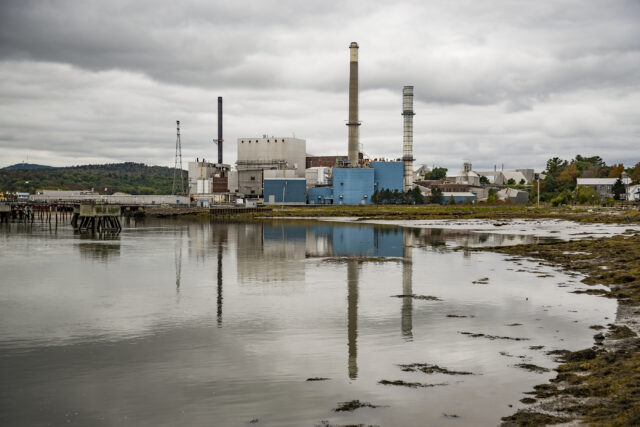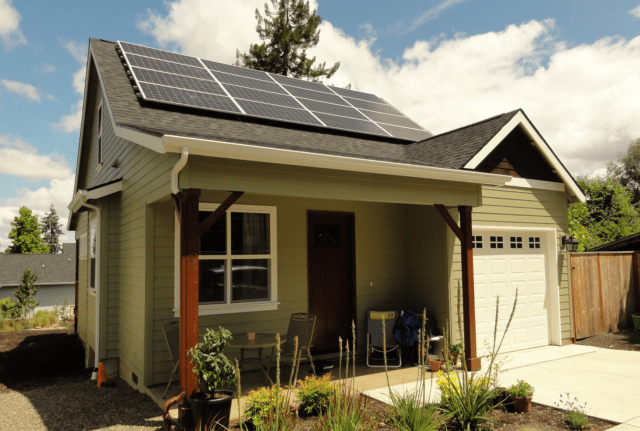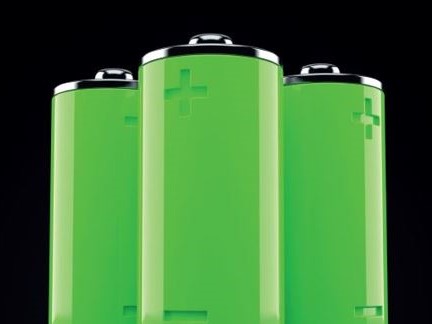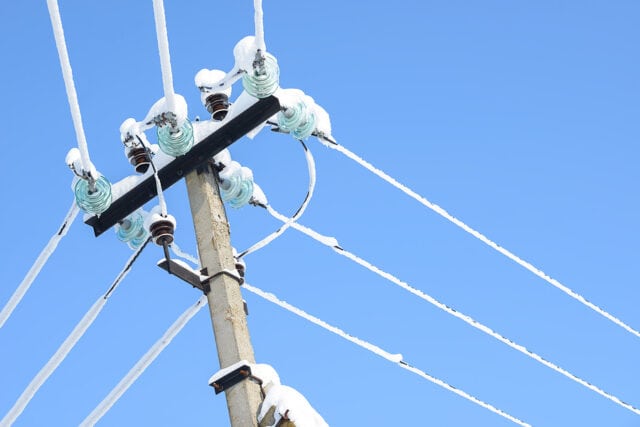Project Menu
Project Director
Project Manager
Energy Storage Policy for States Blog
Playing The Long Game: Why States Are Turning Their Attention to Long-Duration Energy Storage
After a decade of lithium-ion procurement, the leading clean energy states are finally turning their attention to long duration energy storage. Although it may still seem like a new idea, state-mandated procurement of energy storage has actually been going on for more than a decade. As of mid-2024, twelve U.S. states have set intentions to…
New CESA Report: The Case for Replacing Fossil-Fueled Peaker Power Plants with Battery Energy Storage
Fossil-fueled peaker power plants are expensive, polluting and inefficient. They are also disproportionately sited in low-income communities, communities of color, and areas already overburdened by pollution, creating equity, public health and environmental concerns. Now, a new report from the Clean Energy States Alliance (CESA) shows that battery storage can cost-effectively replace aging fossil-fueled peakers in…
Expanding Solar+Storage in Oregon
The Oregon Solar+Storage Rebate Program offers rebates to residential customers and low-income service providers who install solar or solar paired with energy storage. Rebates are issued to customers through the Oregon Department of Energy’s (ODOE) approved contractors, who pass the full amount of the rebate on as savings to their customers. Homeowners are eligible for…
Battery Storage – What’s it Worth?
When considering whether to invest in a new technology, the first thing anyone wants to know is will the benefits outweigh the costs? This is no less true of state energy agencies and utility regulators who are generally tasked with ensuring that taxpayers and ratepayers get a good return on their dollar. For this reason,…
With Forward Capacity Auction Success, Batteries are Winning in New England
Clean energy advocates are celebrating a major energy storage milestone in New England: Plus Power, a San Francisco-based developer of grid-scale batteries, is building the two largest battery projects to date in the region — a 150-MW/300-MWh lithium-ion battery system at Carver, Mass., south of Boston, called Cranberry Point Energy Storage, and a 175-MW/350-MWh lithium-ion…
Connecticut Powers into the Lead with Breakthrough Customer Battery Program
With the long-anticipated approval of its new Statewide Electric Storage Program, Connecticut has just leapfrogged the rest of New England to become the new regional leader in distributed battery storage program development. The new program adopted by the Connecticut Public Utilities Regulatory Authority is a massive 9-year initiative that combines up-front incentives with customer performance…
The Lesson of Texas – And a New Program States Can Use to Quickly Fund the Distributed Energy Storage Solution
If we learn anything from the Texas blackouts, and the death and suffering that have resulted, it should be this: distributed resilient solar+storage systems are no longer a luxury – they are an essential tool to protect citizens from power outages, and modernize the grid so outages become less frequent and severe. The thing is,…
Going Solar+Storage in Vermont: CESA’s Janice Ouellette Shares Her Story
My husband Dan and I feel very fortunate to live in the “Green” Mountain State of Vermont. In recent years, programs have emerged that have brought clean, renewable and affordable energy to the residential sector in the form of solar PV plus battery storage. Our path to solar plus storage has been a two-stage process,…
SMUD’s Energy StorageShares Program: The First Virtual Energy Storage Program in the US
SMUD’s innovative Energy StorageShares program is the first virtual energy storage program in the US. StorageShares allows SMUD’s commercial customers to invest in an off-site battery storage system and enjoy energy cost savings without siting batteries at their facilities. In this newly launched pilot program, eligible commercial customers make an up-front payment to SMUD for…
Massachusetts and Vermont crack the code on distributed energy storage
In 2019, Massachusetts commenced a nation-leading experiment by, for the first time, incorporating behind-the-meter energy storage into the Commonwealth’s three-year energy efficiency plan, through the ConnectedSolutions program, as a peak demand reducing measure. The state argued that this represented a new type of efficiency. Batteries do not generally reduce net consumption of electricity – the…












